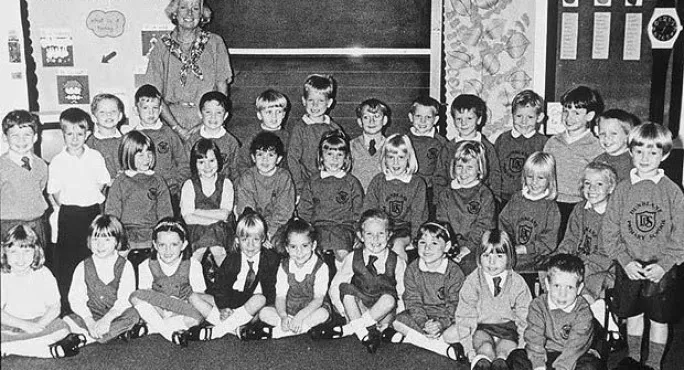Government ministers in Scotland discussed the need to “close down” the public perception of a cover-up over the Dunblane shooting, official papers reveal.
Thomas Hamilton shot and killed 16 primary school pupils and their teacher in the gym hall of Dunblane Primary School on 13 March, 1996, before turning the gun on himself.
A public inquiry was held into the massacre, led by Lord Cullen, and a campaign led by bereaved parents resulted in a handgun ban.
Regarding the 100-year closure rule applied to police reports on Hamilton, Scottish ministers discussed a wish to shut down views of a cover-up, newly-released Scottish Executive papers from 2003 show.
The 100-year ban covered police reports from 1991, investigating incidents of alleged abuse at a summer camp run by Hamilton.
Speculation emerged that the reports linked the mass murderer with members of the Scottish establishment.
The aftermath of Dunblane massacre
Extracts published during the Cullen inquiry showed that a 1991 police report recommended Hamilton should be prosecuted for his activities at the summer camp and have his gun licence revoked, but no further action was taken.
The Cabinet minutes from February 2003 - made available to the public as part of the Scottish government’s proactive commitment to releasing archived records after 15 years - state: “The lord advocate said the 100 years closure to the police reports on Thomas Hamilton had been applied in order to protect the children concerned and their siblings.
“If the documents were released earlier into the public domain there would be a possibility that individuals who were still alive could be identified.
“The documents had, however, been made available in full to the Dunblane Inquiry.”
They continued: “There was a strong public perception of a cover-up.
“A 100 years closure seemed incomprehensibly lengthy to the public... What mattered was to close the story down.”
The papers continued: “Releasing a sanitised form of the report would be more difficult than generally thought and administratively costly.
“Doing so might not be sufficient to satisfy concerns.
“One alternative might be to indicate that the papers had been reviewed by an independent person who could assure the public that they did not contain the kind of references which had been suggested.”
In 2005, then lord advocate Colin Boyd lifted the restriction on some documents closed under the 100-year rule.




